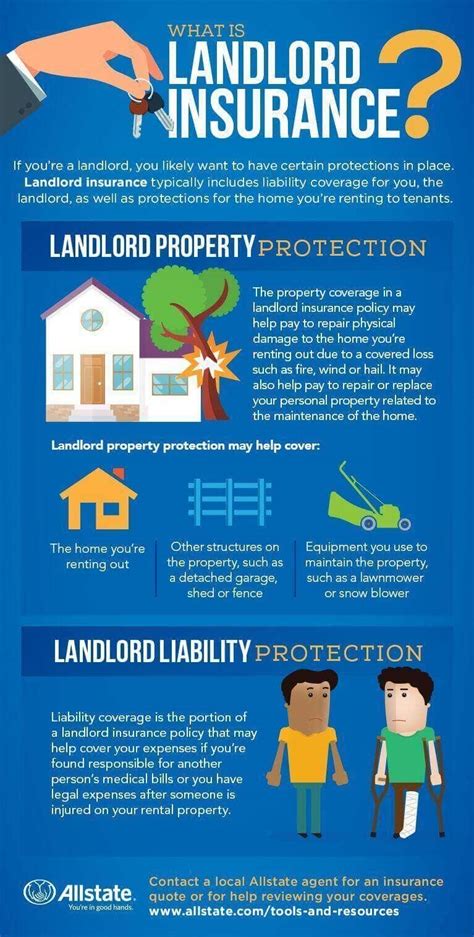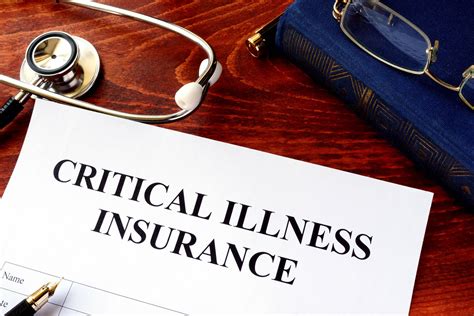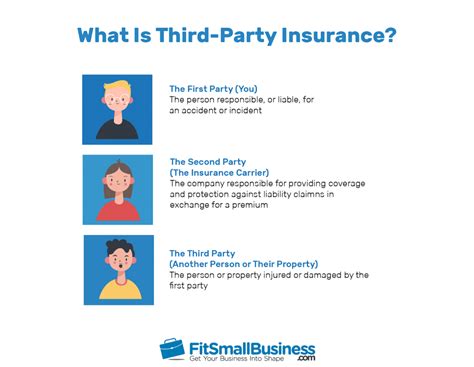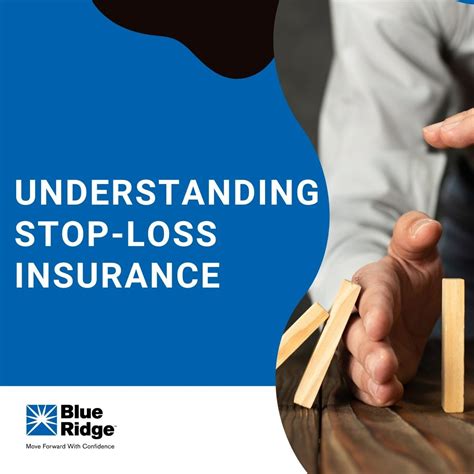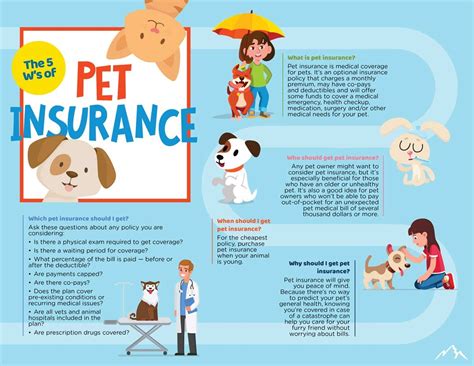Learn the importance of landlords’ insurance, types of coverage available, and factors affecting insurance costs. Find the best policy for you. Expert advice in one place.
Understanding Landlords’ Insurance
Contents
Landlords’ insurance is a type of insurance that provides protection for individuals who own rental properties. This type of insurance is specifically designed to cover the unique risks associated with renting out a property to tenants.
One of the key aspects of landlords’ insurance is that it provides coverage for the physical structure of the rental property. This includes coverage for damage caused by fire, storms, vandalism, and other types of perils. In addition to coverage for the building itself, landlords’ insurance also typically includes coverage for any personal property that is used to maintain or service the rental property, such as lawnmowers, snow blowers, and other maintenance equipment.
Another important aspect of landlords’ insurance is liability coverage. This provides protection for the landlord in the event that a tenant or visitor is injured on the rental property, and the landlord is found to be at fault. Liability coverage can help cover the costs of legal fees, medical expenses, and damages that the landlord may be required to pay.
It’s important for landlords to understand the unique risks associated with renting out a property, and to have a thorough understanding of the coverage options available through landlords’ insurance. By having a comprehensive insurance policy in place, landlords can protect themselves from potential financial losses and legal liabilities that may arise from their rental properties.
Importance of Landlords’ Insurance
Landlords’ insurance is an essential protection for property owners who rent out their homes to tenants. It provides coverage for any damage or loss to the property caused by unforeseen events such as fire, storms, vandalism, or theft. Without landlords’ insurance, property owners could be left with significant financial burden in the event of a disaster.
Furthermore, landlords’ insurance also provides liability coverage in case a tenant or visitor is injured on the property. This can help protect landlords from potential lawsuits and medical expenses. In addition, some policies may also cover loss of rental income if the property becomes uninhabitable due to a covered event, providing landlords with a much-needed financial safety net.
It’s important for landlords to understand the risks associated with renting out their property and the potential financial consequences of not having adequate insurance. In the long run, the cost of landlords’ insurance is minimal compared to the potential financial losses that could occur without proper coverage. It offers peace of mind and financial protection for landlords, allowing them to focus on other aspects of property management without worrying about potential risks.
In conclusion, landlords’ insurance is an important investment for property owners who rent out their homes. It provides protection against a range of risks and liabilities, ensuring that landlords are financially safeguarded in case of unexpected events. It’s essential for landlords to carefully assess their insurance needs and find a policy that offers comprehensive coverage at an affordable price.
Types of Coverage Available
Types of Coverage Available
When it comes to landlords’ insurance, there are various types of coverage available to protect your rental property. It’s important to understand the options you have and choose the right coverage based on your specific needs as a landlord. Some of the common types of coverage available include:
Property Coverage: This type of coverage protects your rental property from damages caused by fire, smoke, storms, vandalism, or theft. It typically includes the building itself as well as any other structures on the property, such as a garage or shed.
Liability Coverage: Liability coverage protects you in the event that a tenant or visitor is injured on your property and decides to take legal action. It can help cover legal fees, medical expenses, and potential settlement costs.
Loss of Rental Income: This coverage provides financial protection if your rental property becomes uninhabitable due to a covered loss, such as a fire or storm. It can help replace the lost rental income during the repair or rebuilding process.
| Types of Coverage | Description |
|---|---|
| Property Coverage | Protects rental property from damages |
| Liability Coverage | Protects against legal action and medical expenses |
| Loss of Rental Income | Provides financial protection if property becomes uninhabitable |
Additional Coverage Options: In addition to the basic types of coverage, landlords’ insurance may offer additional options such as coverage for landlord’s personal property, equipment breakdown, and even coverage for specific risks such as natural disasters or acts of terrorism.
It’s important to carefully review the coverage options available to you and consider the specific risks associated with your rental property. By understanding the types of coverage available, you can make an informed decision and ensure that your investment is adequately protected.
Factors Affecting Insurance Cost
When it comes to landlords’ insurance, there are several factors that can influence the cost of your policy. Understanding these factors can help you make informed decisions about the type of coverage you need and how much you should budget for insurance.
One of the primary factors that can affect the cost of your insurance is the location of your rental property. Properties located in high-crime areas or regions prone to natural disasters may be more expensive to insure, as the risk of damage or vandalism is higher. On the other hand, properties located in low-crime, low-risk areas may qualify for lower insurance premiums.
Another factor that can impact the cost of your insurance is the age and condition of your rental property. Older properties, especially those with outdated plumbing, electrical, or heating systems, may be more expensive to insure due to the increased risk of maintenance issues and potential hazards. Properties with modern construction and updated systems may be more cost-effective to insure.
Additionally, the type and amount of coverage you choose can also influence the cost of your insurance. Basic policies that only cover property damage may be more affordable, while comprehensive policies that include liability coverage and additional protections may come with a higher price tag. It’s essential to carefully consider your coverage needs to find the right balance between protection and cost.
Finally, your own insurance history and credit score can also play a role in determining the cost of your landlords’ insurance. If you have a history of making insurance claims or a low credit score, you may be viewed as a higher risk by insurance providers, leading to higher premiums. On the other hand, a clean insurance record and strong credit can help you secure more affordable insurance rates.
Finding the Best Policy for You
When it comes to finding the best policy for you as a landlord, it’s important to consider a few key factors. One of the most important things to consider is the coverage provided by the insurance policy. Different policies offer different levels of coverage, so it’s crucial to assess your needs and choose a policy that provides adequate protection for your rental property.
Another factor to consider is the cost of the insurance policy. While it may be tempting to go for the cheapest option, it’s important to remember that a lower cost may also mean less coverage. It’s important to strike a balance between cost and coverage to ensure that you’re adequately protected in case of an unforeseen event.
It’s also important to consider the reputation of the insurance provider. Look for reviews and ratings from other landlords to get a sense of the level of service and reliability offered by the insurance company. A reputable insurance provider is crucial in ensuring that your claims will be handled efficiently and fairly.
Finally, consider the flexibility of the policy. As a landlord, your needs may change over time, and it’s important to have an insurance policy that can adapt to these changes. Look for a policy that offers flexible coverage options and can be easily adjusted to meet your evolving needs.

